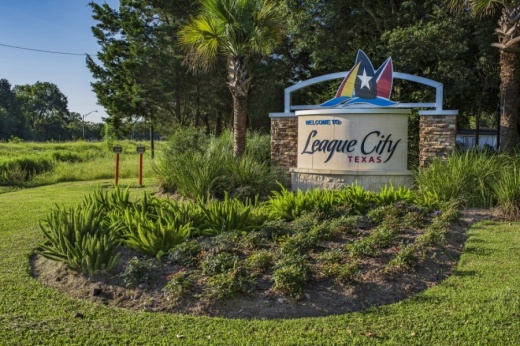Previously, only general commercial-zoned developments were permitted for such uses. It was not until a mixed-use, commercial-zoned strip mall at the intersection of I-45 and Hwy. 96 requested to open a liquor store that the city realized alcohol sales were not a permitted use at mixed-use developments, said David Hoover, the director of planning and development for the city.
"When I saw that that was the case, it just didn’t seem to make sense," he said.
The city and Council Member Chad Tressler proposed the council vote to allow mixed-use developments to be permitted to sell alcohol for off-site consumption. The alternative would be to rezone the strip mall to general commercial, but that was not a great idea, officials said.
By rezoning the property to general commercial, the developers would be free to develop a litany of undesirable businesses for the area, which could lead to increased traffic congestion at what is already one of the city's busiest intersections.
“It’s in a bad spot; there’s no doubt about that," Mayor Pat Hallisey said.
Instead, it made more sense to grant mixed-use commercial zoning the same permissions as general-use commercial zoning when it comes to liquor stores, Hoover said.
By amending the zoning ordinance, it changes the rules citywide, not just for the strip mall at I-45 and Hwy. 96, but most council members indicated that was OK.
“It just seems to fix something across the city to allow for more logical development patterns," Council Member Nick Long said.
Council Member Hank Dugie agreed.
"I think it simplifies the code," he said.
The motion to pass an amendment to allow for alcohol sales at mixed-use, commercial-zoned developments passed 7-1. Council Member Andy Mann was the sole dissenting vote, saying this was the council's opportunity to rezone the property and allow for a business that works for the busy area.
“I just would have to think there’s gotta be a better use for the key structure that you see when you turn on 45 at 96 than this [strip mall]," he said. "It just don’t make a lot of sense to me.”
Hallisey said it is not the city's job to predetermine what businesses go where, only how areas of the city are zoned. From there, it is developers' job to pitch developments to the city based on zoning.
"We sorta react to who comes to us," he said.





